From Nigeria to Nepal, going online helps rural women build businesses
IFAD Asset Request Portlet
Asset Publisher
From Nigeria to Nepal, going online helps rural women build businesses
Estimated reading time: 2 minutes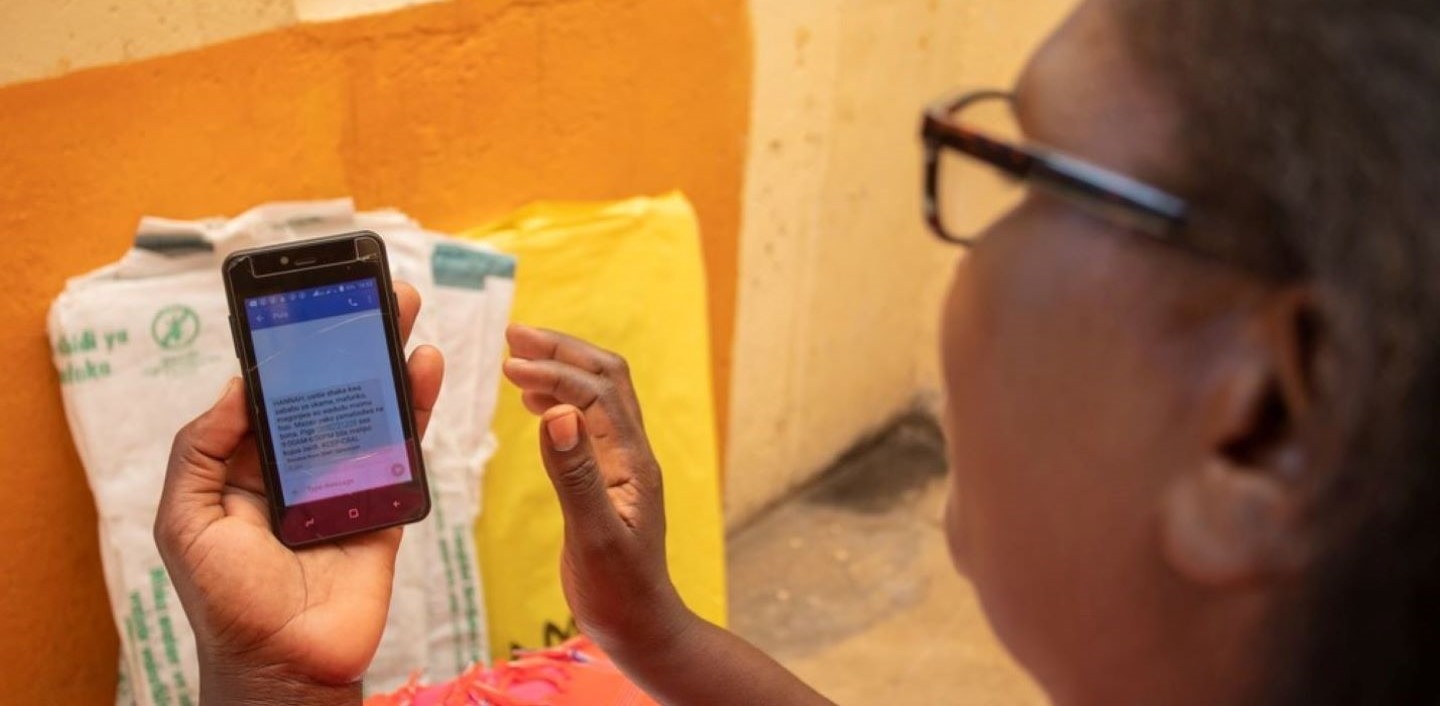
Digital connections make the world a smaller place. But while technology helps bridge divides, it can also deepen schisms, including gender inequality. A digital divide means women, particularly in poor rural areas, have less access and use of technology than men.
IFAD works to tackle this divide by expanding digital inclusion and financing projects that empower women with digital tools so they can build successful businesses and, in turn, stronger communities.
Connecting to customers in Nigeria and beyond
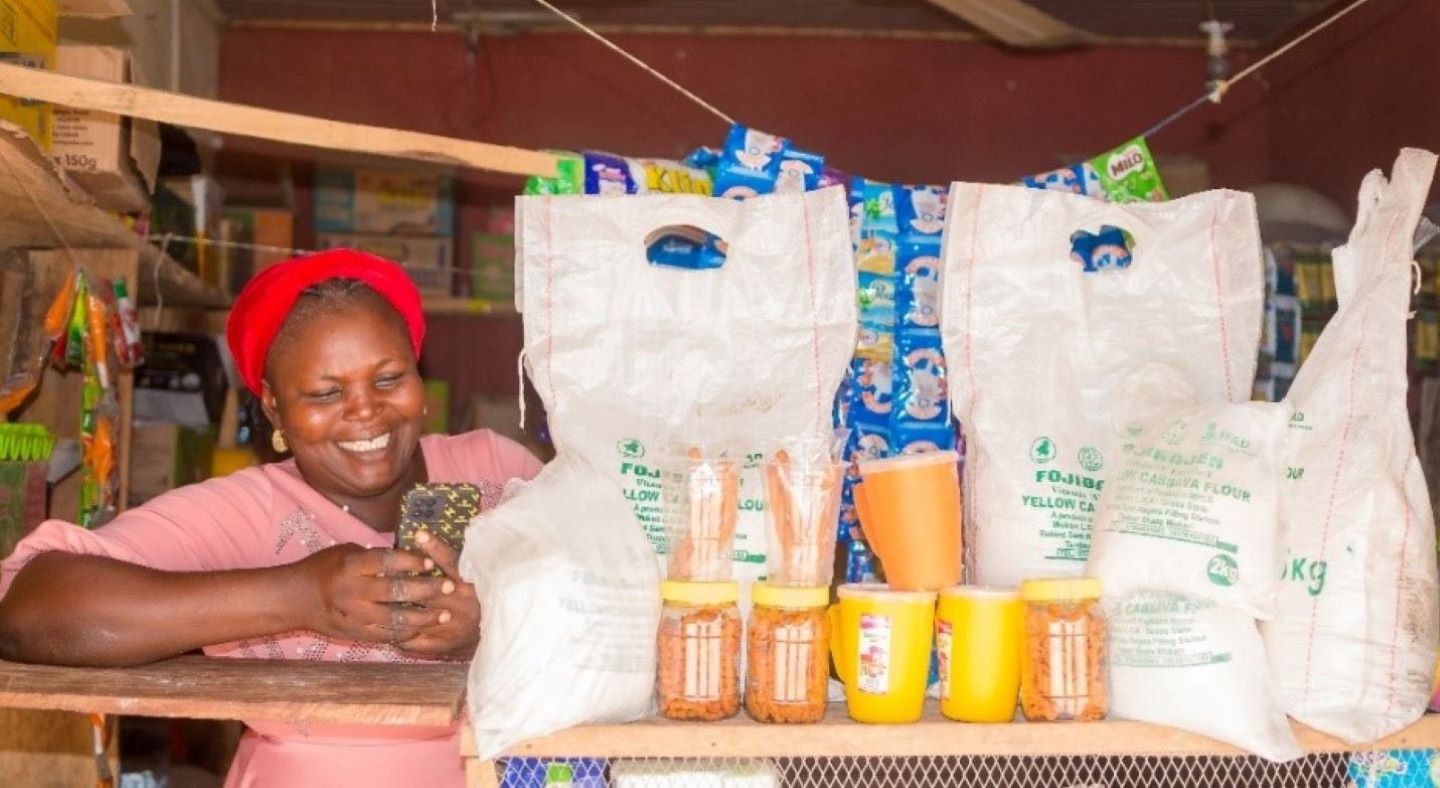
Cassava flour is a versatile ingredient made from cassava root and used in everything from biscuits to bread. A staple in north-eastern Nigeria, rural entrepreneur, Watsaji Angye, is selling cassava flour products far and wide—using the mobile phone she received from the IFAD-funded Value Chain Development Programme (VCDP).
When VCDP launched in 2015, there was a glut of cassava on the market and farmers found it hard to sell their produce. The programme taught rural people, like Watsaji, to process the root into less perishable products that they could sell for a premium.
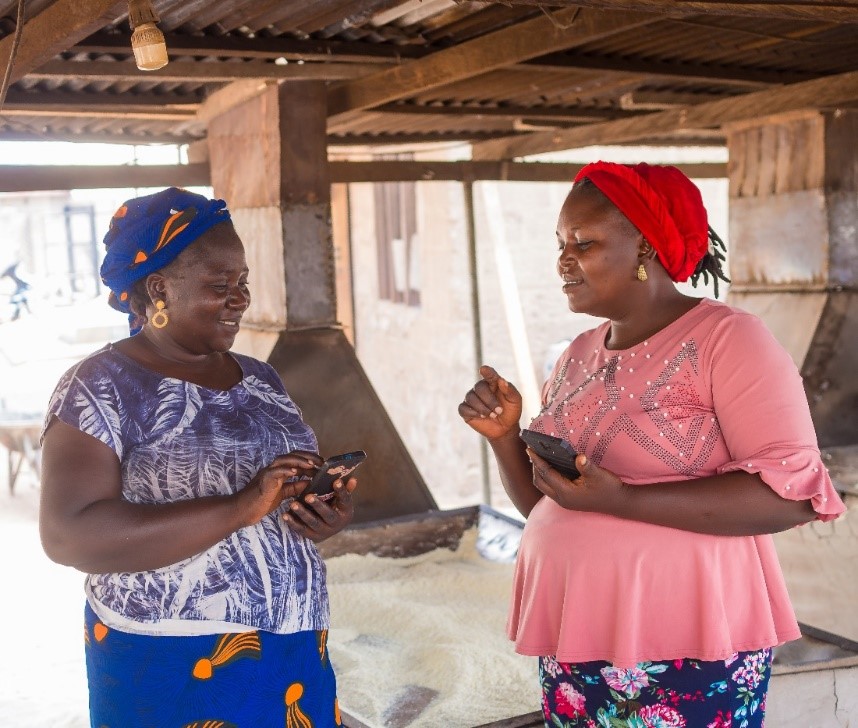
Watsaji set up a cassava flour processing factory to make nutritious goodies. With her phone, she joined online groups of fellow farmers, where she shares and receives tips on how best to grow and market her produce.
As her business grew, so too did the knock-on effects in her community. Ten full-time employees and 30 casual staff work in her factory, including many young people who had otherwise struggled to find work. She passes on her knowledge to others and teaches women how to build their own incomes.
Mobile banking keeps families together in Nepal
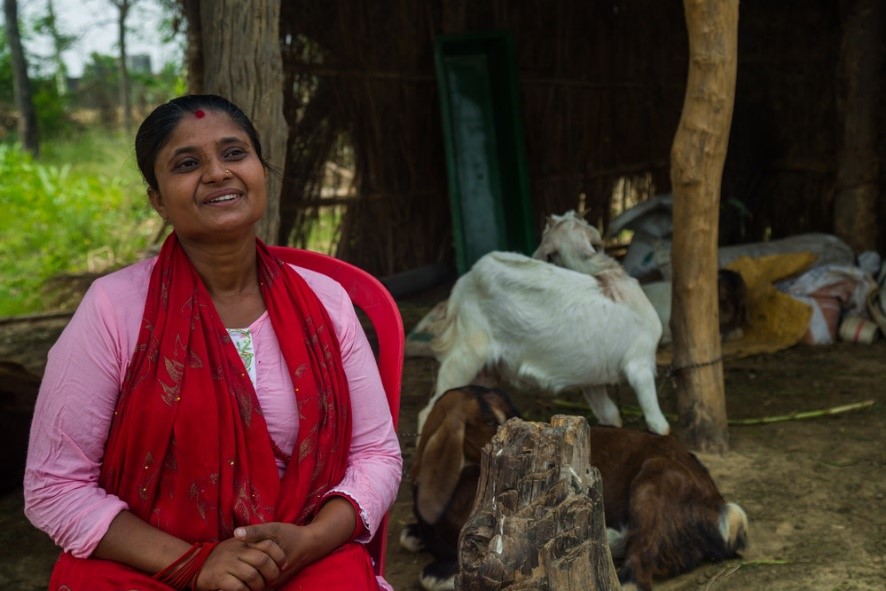
Dairy farmer, Lilawati Marasini first heard about the Kisan Card in early 2021 at her local milk collection centre. With COVID-19 sweeping across the world, the Kisan credit card, developed with IFAD’s RPSF initiative, was designed to help rural people get through the pandemic.
At the time, her family’s income from selling milk was small and unreliable. Her husband was considering leaving Nepal to become a migrant worker—but Lilawati was committed to staying and building a flourishing agricultural business.
Using the Kisan card, she availed of financial instruments designed especially for people like her: small-scale farmers who need subsidized loans to build their business but who usually cannot access them. With the loan, she bought more buffaloes and goats, renovated the cowshed and built a storeroom for fodder.
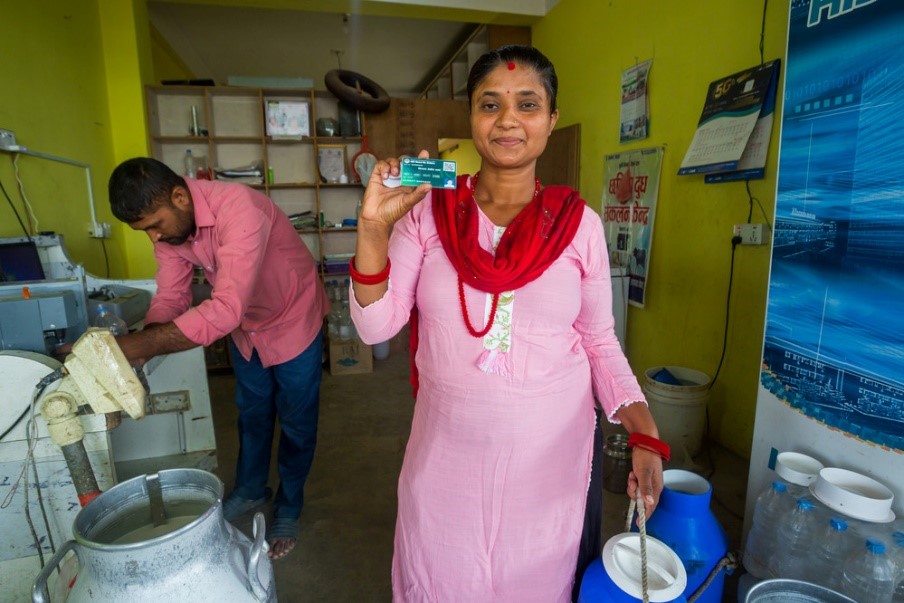
© IFAD/Purnima Shrestha
With this investment, her family’s income has almost tripled from 15,000 rupees (US$ 113) a month to 40,000 (US$ 300). Payments from the milk collection centre go straight into her bank account, enabling her to save and make her loan repayments on time.
Lilawati is glad her husband could stay. “We can live together as a family,” she says. “It is not always about money, you know, living together with family matters.”
From mobile phones to mobile banking, digital tools give women like Lilawati and Watsaji, the information and instruments to grow their businesses and, in doing so, build strong rural economies.